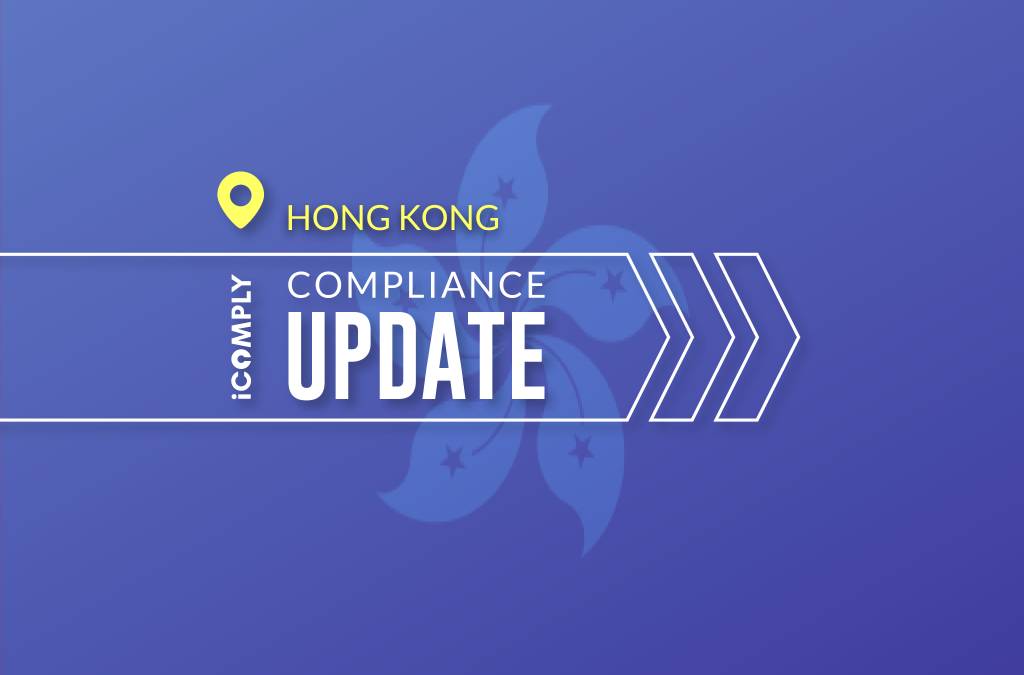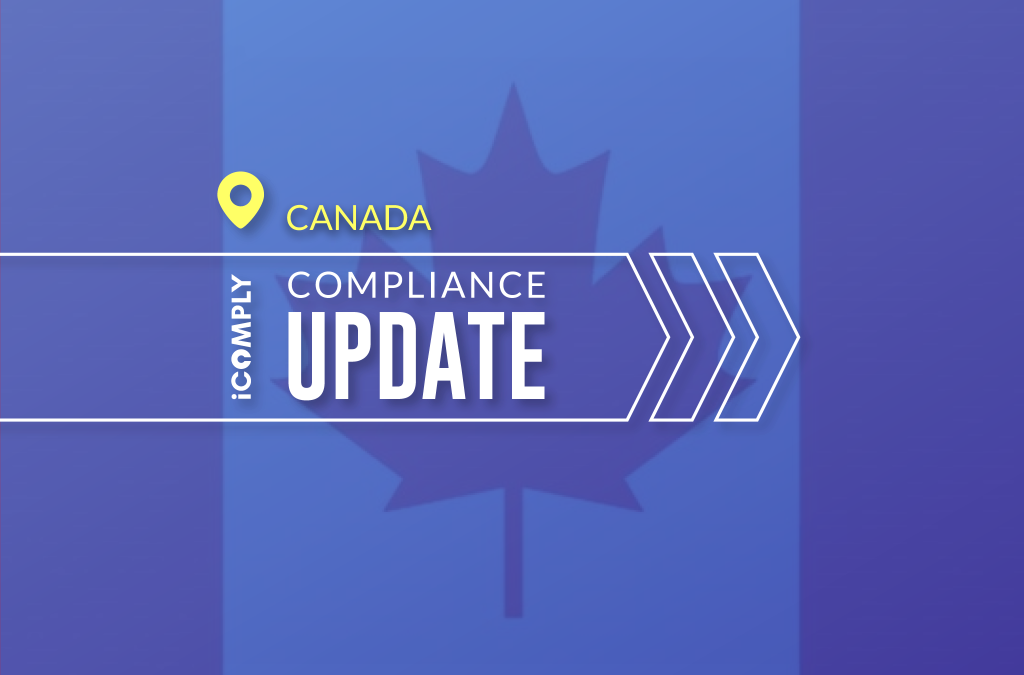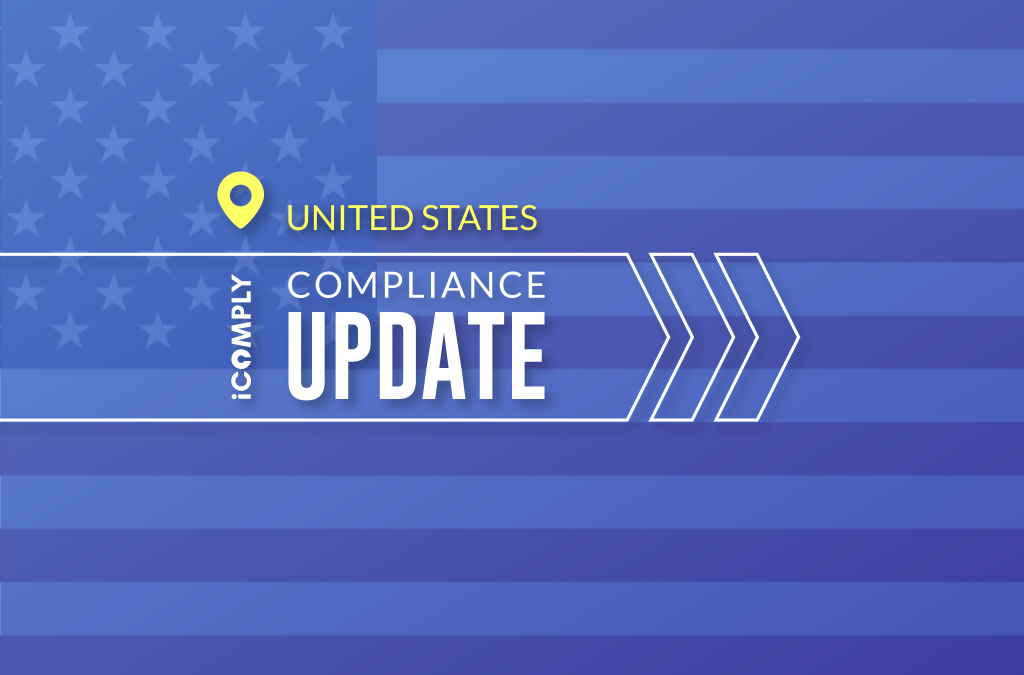Customer identification is a critical process for financial institutions and businesses to verify the identities of their customers, mitigate risks, and ensure compliance with regulations. Accurate customer identification helps...

SFC Reprimands and Fines Southwest Securities in Hong Kong for AML Breach
SFC Reprimands and Fines Southwest Securities in Hong Kong for AML Breach
HK’s Securities and Futures Commission reprimands and fines Southwest Securities Brokerage Ltd US$5 million for breaches of anti-money laundering regulatory requirements
What Happened?
May 18, 2020: The Securities and Futures Commission (SFC) has determined that Southwest Securities (HK) Brokerage Limited (SSBL) failed to comply with their anti-money laundering and counter-terrorist financing (AML/CFT) regulatory obligations in 2016.
Investigators at the SFC uncovered that, between January and December 2016, SSBL failed to identify 164 out of 184 third-party deposits totaling USD $110.1 million for its clients.
SSBL failed to demonstrate that they had the necessary systems, policies, and procedures in place to review the sources of funds deposited into the bank’s sub-accounts that SSBL was responsible for maintaining.
As a result, the SFC is ordering SSBL to pay a total of USD $5 million in fines.
Source: https://www.sfc.hk/edistributionWeb/gateway/EN/news-and-announcements/news/doc?refNo=20PR45
Who Is Impacted?
Individual and corporate clients of SSBL.
Any financial services provider offering brokerage or investment services that fail to implement proper AML/CTF internal procedures and reporting.
Why This Matters?
SSBL’s clients were put at risk precisely 164 times due to staff failure to verify the transactions (as outlined in the SFC’s 2016 review).
The SFC determined that SSBL’s staff did not have a clear, consistent understanding of their roles and responsibilities in both the monitoring and identification of suspicious transactions.
SSBL failed to diligently supervise and provide sufficient guidance to its staff in order to properly enable them to even recognize indicators of potential money laundering or terrorist financing activity or consider a plan of action to mitigate the risks.
Specifically, the SFC found that SSBL was guilty of:
- Inadequate and ineffective policies and procedures that increased the risk of money laundering and terrorist financing associated with SSBL’s handling of third-party deposits;
- Failure to establish proper internal systems and controls to monitor SSBL clients’ activities, as well as to detect and report any suspicious transactions identified to the Joint Financial Intelligence Unit (JFIU) in a timely manner.
What’s Next?
In making its decision against SSBL, the SFC took into consideration that:
- SSBL has since taken remedial steps to enhance its AML/CFT policies and procedures; and
- SSBL otherwise has a clean disciplinary record with the SFC.
While these factors will help SSBL to recover from the regulatory action filed against them, they’ll likely be under scrutiny from financial providers, regulators, and investors worldwide for some time to come.
learn more
Is your AML compliance too expensive, time-consuming, or ineffective?
iComply enables financial services providers to reduce costs, risk, and complexity and improve staff capacity, effectiveness, and customer experience.
Request a demo today.
Customer Identification: Best Practices for Accurate Verification
Enhancing Security with Liveness Detection Technology
In an era where digital fraud is increasingly sophisticated, liveness detection technology has emerged as a critical tool for enhancing security. This technology ensures that the biometric data provided during identity...
Digital Onboarding: Streamlining Customer Onboarding Processes
Digital onboarding has revolutionized the way financial institutions and businesses welcome new customers. By leveraging technology, organizations can streamline the onboarding process, enhance user experience, and ensure...





